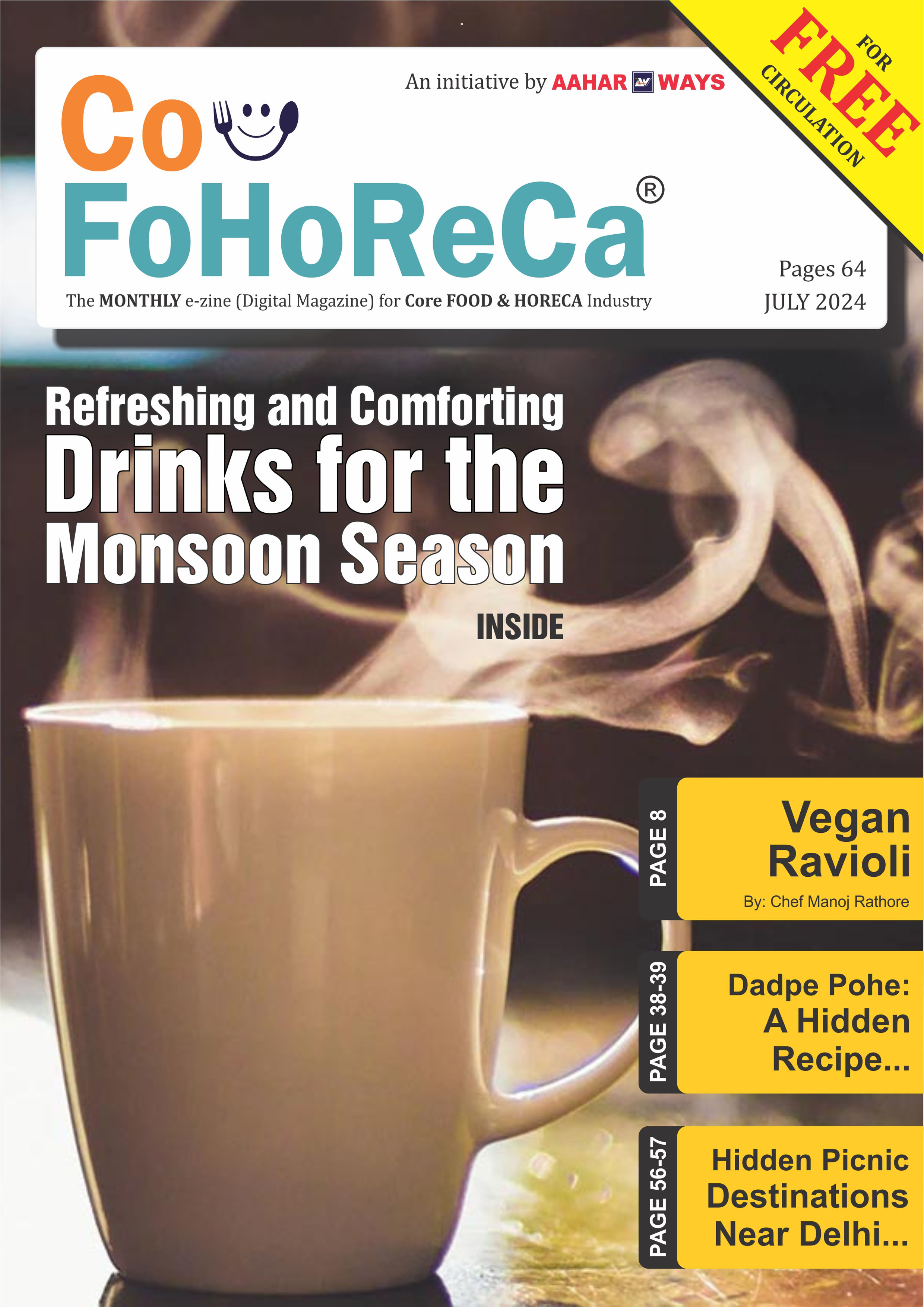Hygienic Kitchen Practices: A Guide for Stewards
By following these guidelines and adopting a proactive approach to hygiene and sanitation, stewards can play a vital role in maintaining a safe and sanitary kitchen environment.

Maintaining high standards of hygiene in the kitchen is
essential for ensuring food safety, preventing contamination, and protecting
the health of customers and staff. Stewards play a crucial role in upholding
these standards by following best practices in cleanliness, sanitation, and
food handling. In this comprehensive guide, we'll explore the key principles of
hygienic kitchen practices and provide valuable tips and techniques for
stewards to maintain a safe and sanitary kitchen environment.
1. Personal Hygiene:
- Stewards should maintain strict personal hygiene standards, including regular handwashing with soap and warm water before and after handling food, after using the restroom, and after touching potentially contaminated surfaces.
- Hair should be tied back, and beard nets should be worn if applicable, to prevent hair from contaminating food.
- Stewards should avoid touching their face, hair, or clothing while working in the kitchen to minimize the risk of cross-contamination.
2. Cleaning and Sanitizing:
- Surfaces, equipment, and utensils should be cleaned and sanitized regularly to prevent the growth and spread of harmful bacteria.
- Stewards should use designated cleaning products and follow established procedures for cleaning and sanitizing kitchen surfaces, including countertops, cutting boards, and food preparation areas.
- High-touch surfaces such as door handles, light switches, and faucet handles should be cleaned and sanitized frequently to prevent the spread of germs.
3. Food Storage and Handling:
- Stewards should follow proper food storage and handling procedures to prevent contamination and spoilage.
- Raw and cooked foods should be stored separately to prevent cross-contamination, with raw meats stored on the bottom shelf of the refrigerator to prevent drips onto other foods.
- Foods should be stored at the appropriate temperature to slow the growth of bacteria, with refrigerators set below 40°F (4°C) and freezers set below 0°F (-18°C).
4. Pest Control:
- Stewards should be vigilant in monitoring for signs of pests such as rodents, insects, and birds and take prompt action to address any infestations.
- Food storage areas should be kept clean and organized, with food stored in sealed containers to prevent access by pests.
- Regular pest control inspections and treatments should be conducted by licensed professionals to prevent and control infestations.
5. Waste Management:
- Proper waste management practices are essential for maintaining cleanliness and preventing odors and pests in the kitchen.
- Stewards should ensure that waste bins are emptied regularly and that waste is disposed of in designated areas according to local regulations.
- Recycling and composting programs should be implemented where feasible to reduce waste and minimize environmental impact.
By following these guidelines and adopting a proactive approach to hygiene and sanitation, stewards can play a vital role in maintaining a safe and sanitary kitchen environment. Through their diligence and attention to detail, stewards contribute to the overall success and reputation of the establishment while safeguarding the health and well-being of customers and staff.
.png)




























